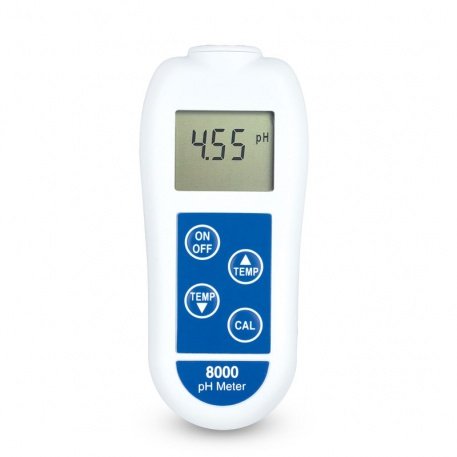Sinomeasure, a company that specializes in industrial process automation sensors and instruments, has been at the forefront of providing high-quality water analysis instruments, recorders, pressure transmitters, flowmeters, and other field instruments for decades. One of the critical instruments that play a vital role in water treatment plants is the pH meter, which is designed to measure the acidity or alkalinity of a solution.

In water treatment plants, pH meters are used to ensure that the water is within a specific pH range, usually between 6.5 and 8.5. This range is crucial as it supports the growth of healthy aquatic life and helps minimize the adverse effects of water on infrastructure. A pH meter works by measuring the hydrogen-ion concentration, which indicates whether the water is acidic or alkaline. If the pH levels are not strictly maintained and monitored, it can lead to a variety of problems – such as corrosion of metal pipelines, unbalanced water chemistry, and harm to aquatic life.
Maintaining optimal pH levels in water treatment plants is essential due to its direct impact on the quality of water provided to consumers. Drinking water with an acidic or alkaline pH can negatively affect human health, leading to problems such as gastrointestinal issues, nausea, and skin irritation. Therefore, pH meters play a significant role in ensuring that water is safe for consumption.
Apart from maintaining the pH levels for safe consumption, pH meters also play a critical role in the treatment processes. One such example is during the coagulation stage when chemicals are added to the water to help remove impurities. The success of this process is dependent on the pH levels monitored and maintained using pH meters. If the pH levels are not appropriate, the chemicals used may not be successful in removing impurities.
Another critical role pH meters play in water treatment plants is in the monitoring of effluent discharges. Effluent contains harmful substances such as ammonia, phosphorus, and nitrogen, which are harmful to aquatic life. By using pH meters, the operators can track the pH levels to ensure that the effluent receiving water is within acceptable levels, minimizing the environmental impact.
Conclusion
In conclusion, pH meters are critical instruments for any water treatment plant, and they play an essential role in maintaining optimal pH levels. Proper monitoring and maintenance of pH levels using pH meters can help ensure the safety of the water provided to consumers, minimize the environmental impact, and prevent infrastructure damage. As such, it is crucial that water treatment plants invest in high-quality pH meters and rely on a reputable and experienced supplier such as Sinomeasure to ensure the instruments' reliability throughout their lifecycle.